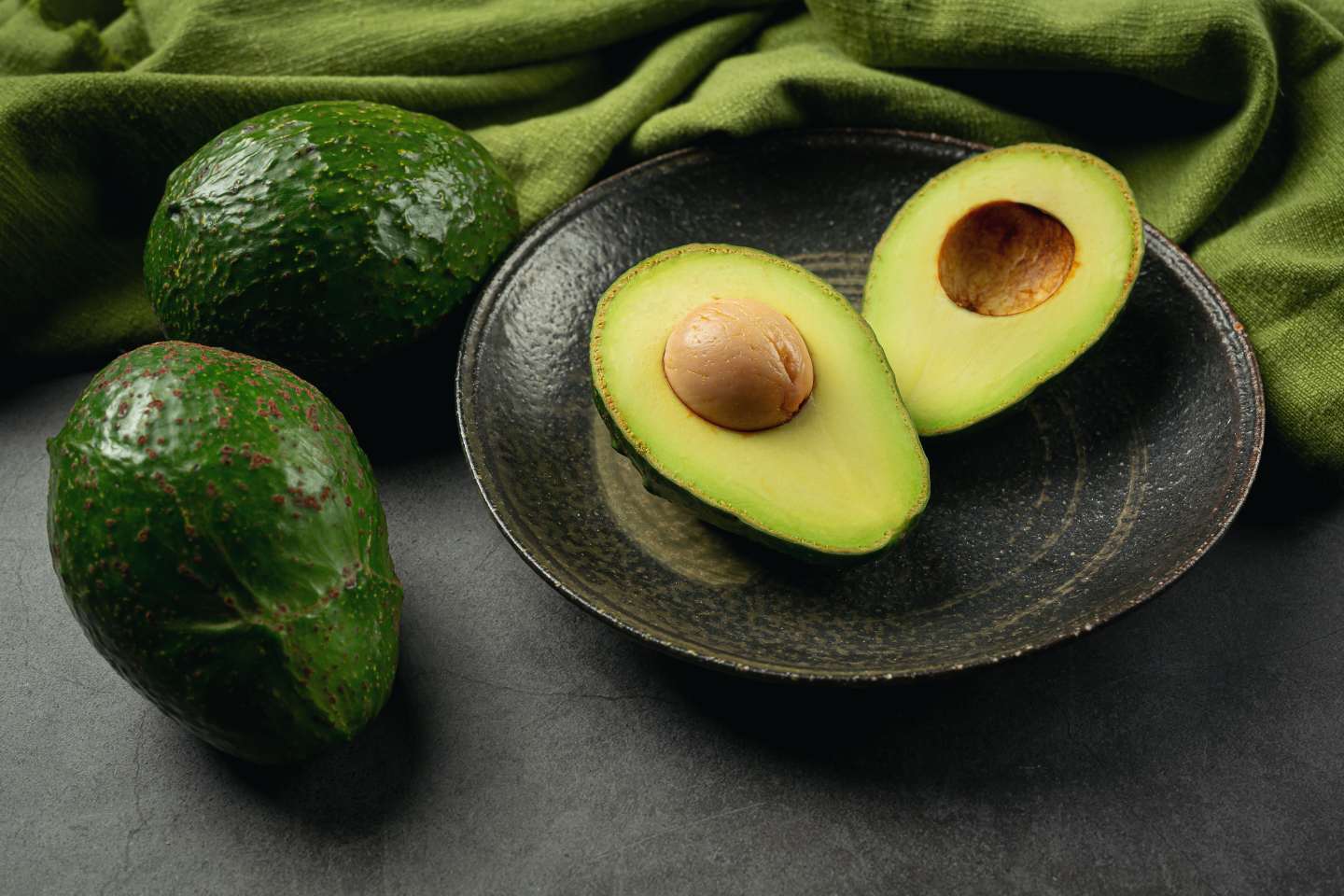For Heart Health, What Should Make Up The Majority of Fat in The Diet?

The heart is a vital organ in the body. It is very crucial to make sure that it is healthy to perform its normal function. Achieving a healthy heart is a strict and deliberate work that includes ensuring a good and healthy diet. Fats are not bad for both the body and heart because they serve as a pump for energy. They help your body take in nutrients and vitamins. They are also essential for the smooth running of the nervous system and the cell as a unit. As much as fats are important for the efficient functioning of the system, they could also cause a wreck or damage to the heart's health if not controlled. Healthy fat is important for the proper functioning of the system and heart in reducing the risk of heart disease.
For long-term general health and a healthy heart, some fats are important and better in composition than others. These fats are called bad fats which are responsible for heart-related diseases causing a decline in the health of the heart. Saturated fats increase the total cholesterol in the body. It increases the availability of low-density lipoproteins (LDL) which causes blockage of the arteries in the heart. These saturated fats are pretty common in the diet of most Americans.
Eating healthy fats needs to be encouraged to reduce heart-related diseases. For a heart that is healthy, replace food sources containing saturated fats with mono and polyunsaturated fatty acid-containing food sources. These are termed healthy fat and they'll make you healthier. Healthy fats make you feel full when you eat, reduce blood cholesterol, and also add flavor to foods.
Healthy fats food sources include the following:
1. Whole Eggs

Eggs are so healthy and are packed with quite a lot of beneficial nutrients needed for your daily calorie intake. Eggs are important sources of unsaturated and good sources of healthy fats. The yolk contains more healthy fats than the egg white. When one eats an egg per day has been reported to reduce the risk of cardiovascular diseases.
2. Avocado

Avocado is another great source of healthy fat. Research has shown that avocados contain monounsaturated fats. It contains an unsaturated fatty acid called oleic acid. It had been shown to have reduced the risk of cardiovascular disease in humans and has also helped in the absorption of fat-soluble vitamins into the body.
3. Fatty fish

Fish are sources of complete protein, Omega-3, and Omega-6 fatty acids. Salmon, herrings, mackerel, sardines, eels, tuna are sources of good fats, unlike saturated fatty acids. They help to reduce the risk of cardiovascular diseases and they protect the heart from harmful invasions.
4. Nuts

Eating nuts makes the heart-healthy because they contain mono and polyunsaturated fats, omega-3 fatty acids, fiber, and vitamin E. Omega-3s are healthy and help to keep your heart healthy. They include almonds, cashew nuts, walnuts, hazelnuts.
Wrap up
For ordinary people who do not eat low-fat diets, total dietary fat intake should account for 20% to 35% of total calories. Monounsaturated fats and polyunsaturated fats should account for most of the fat consumed in the diet, because they are the healthiest for the heart.












